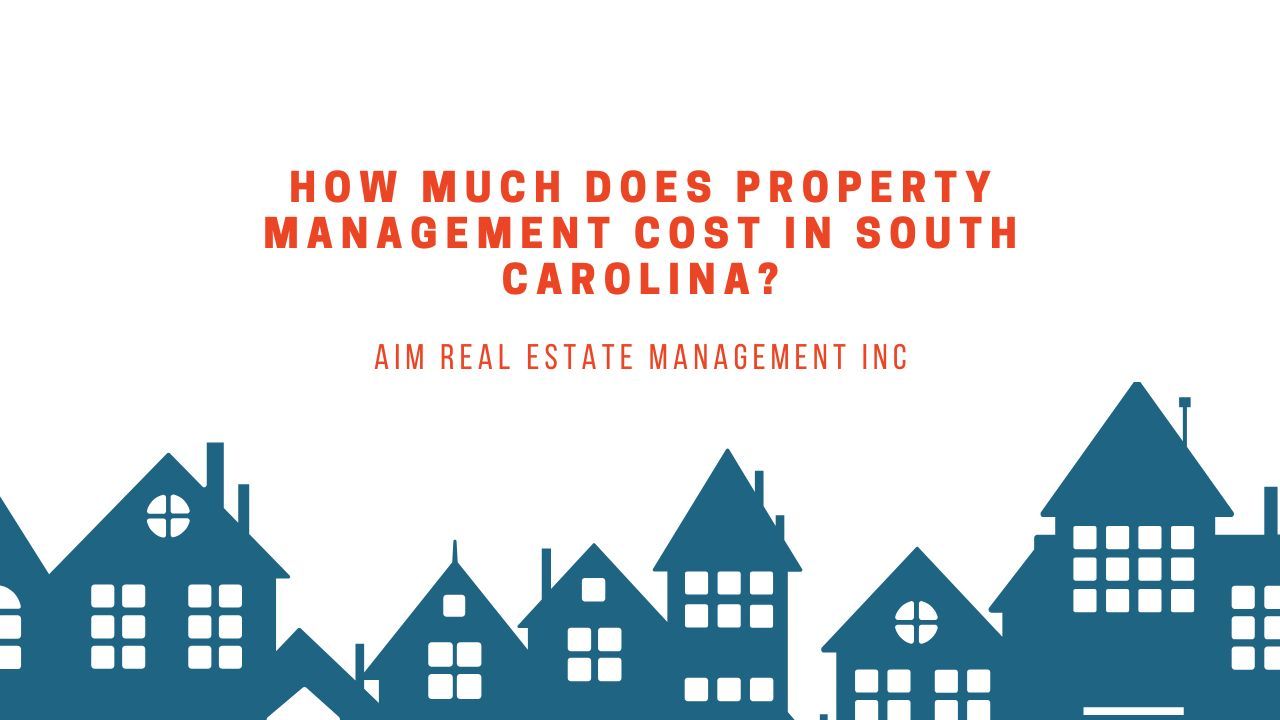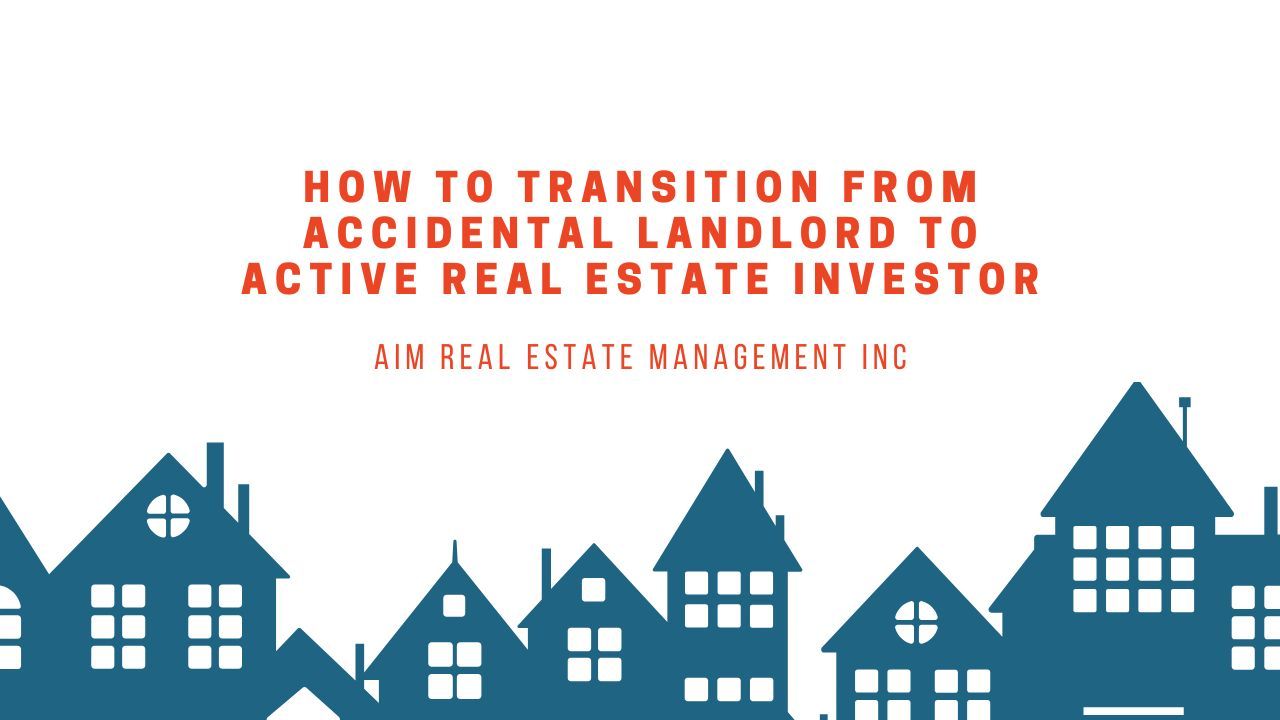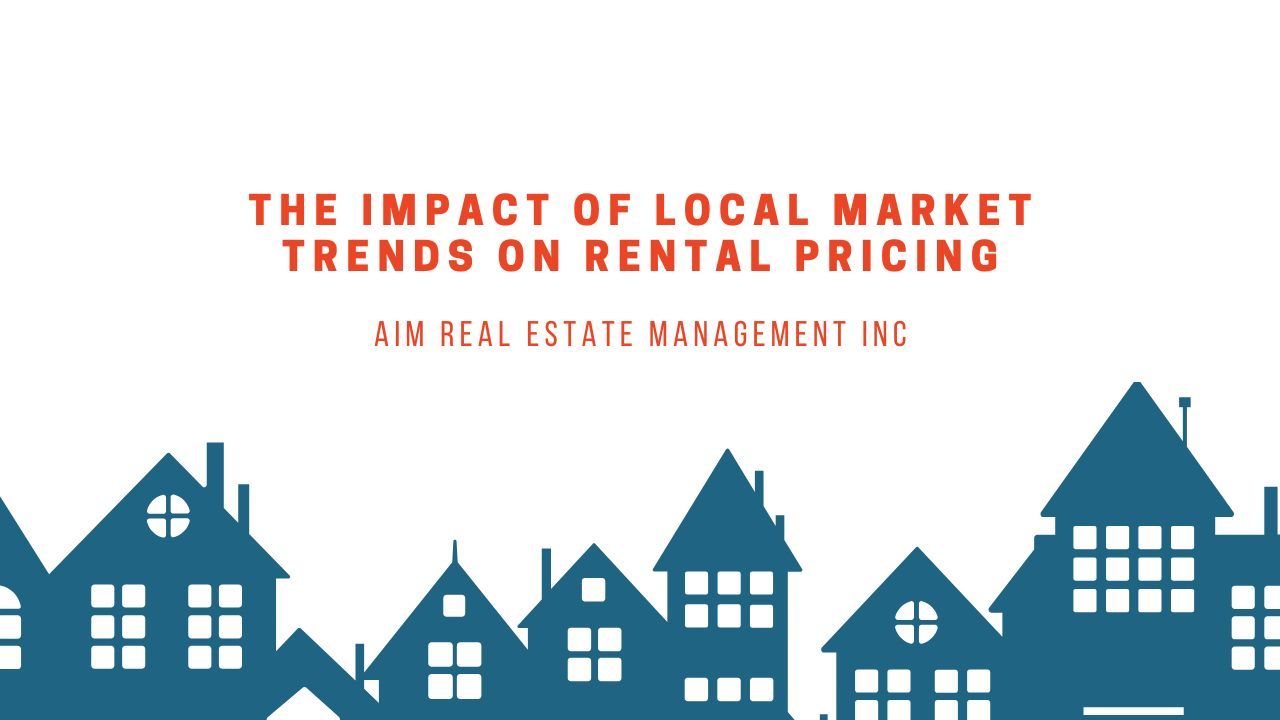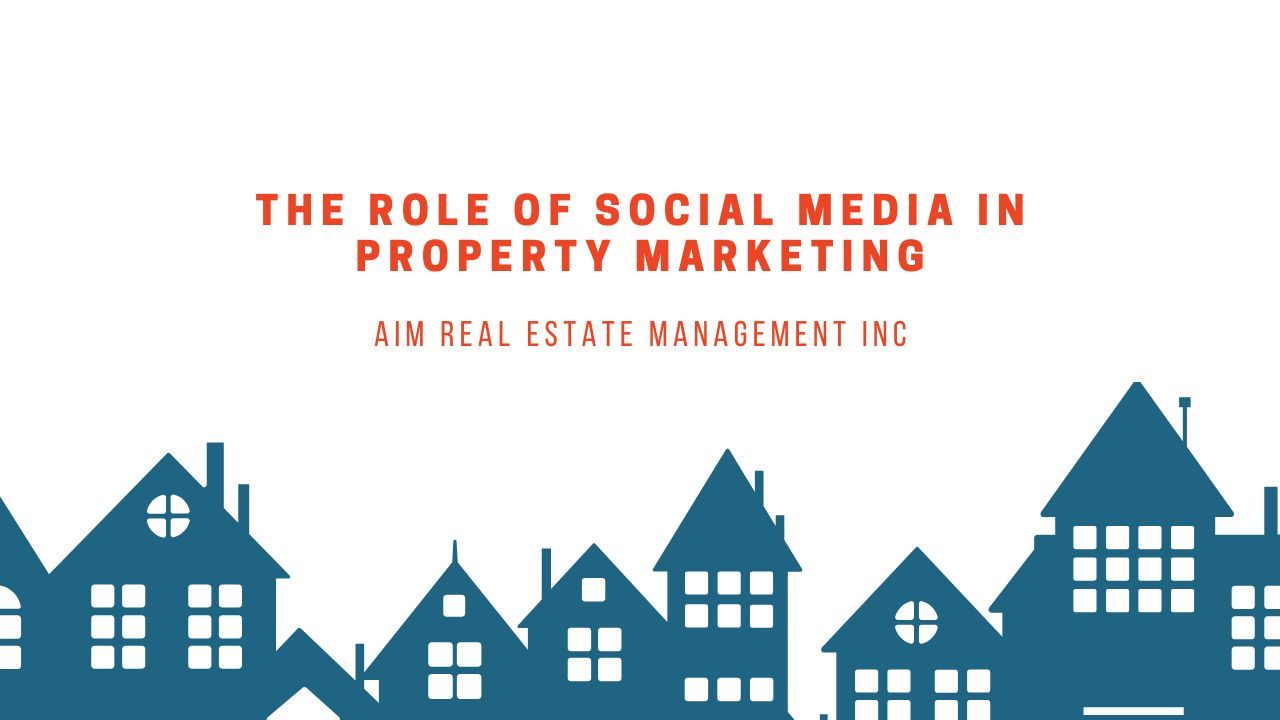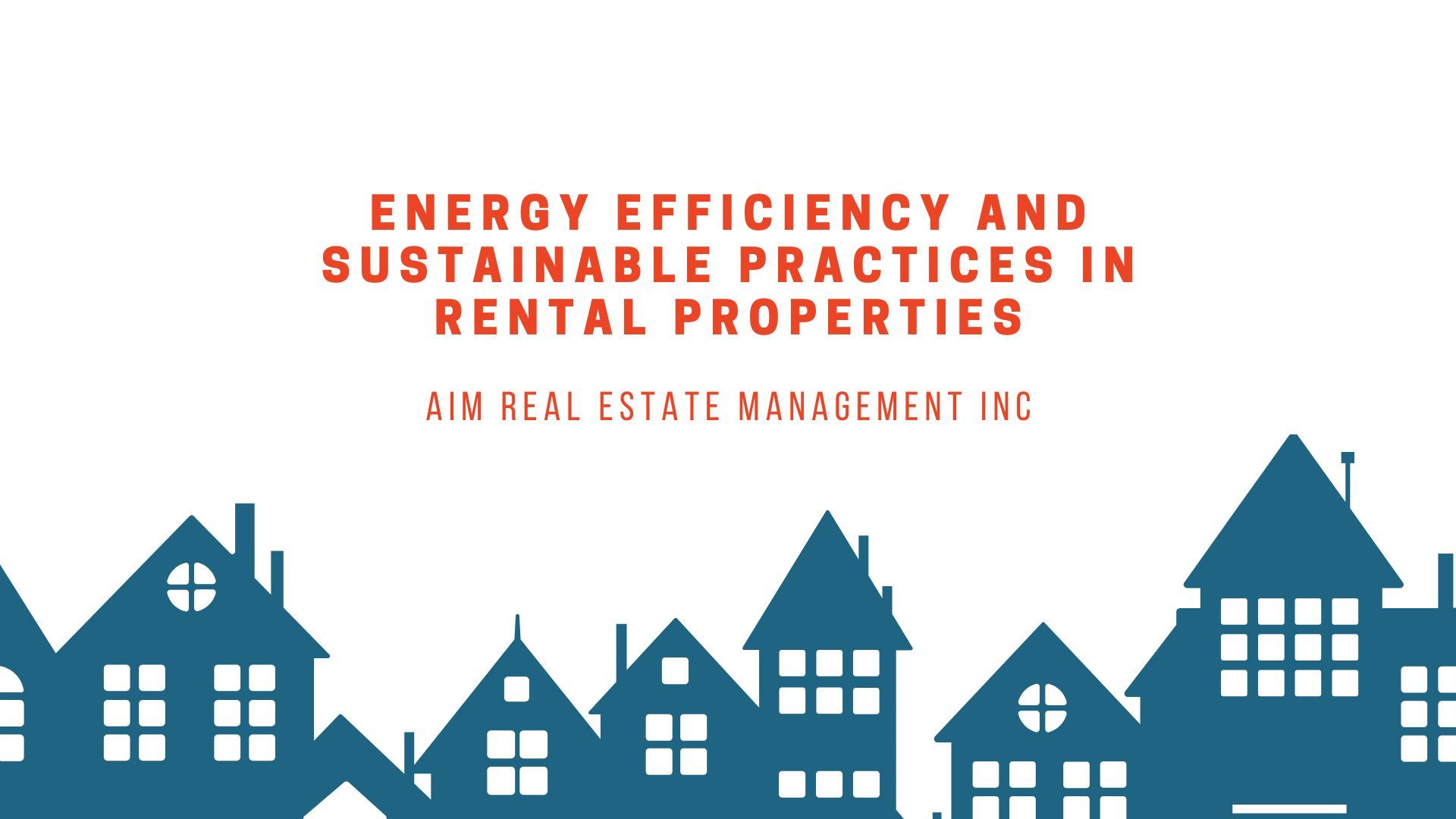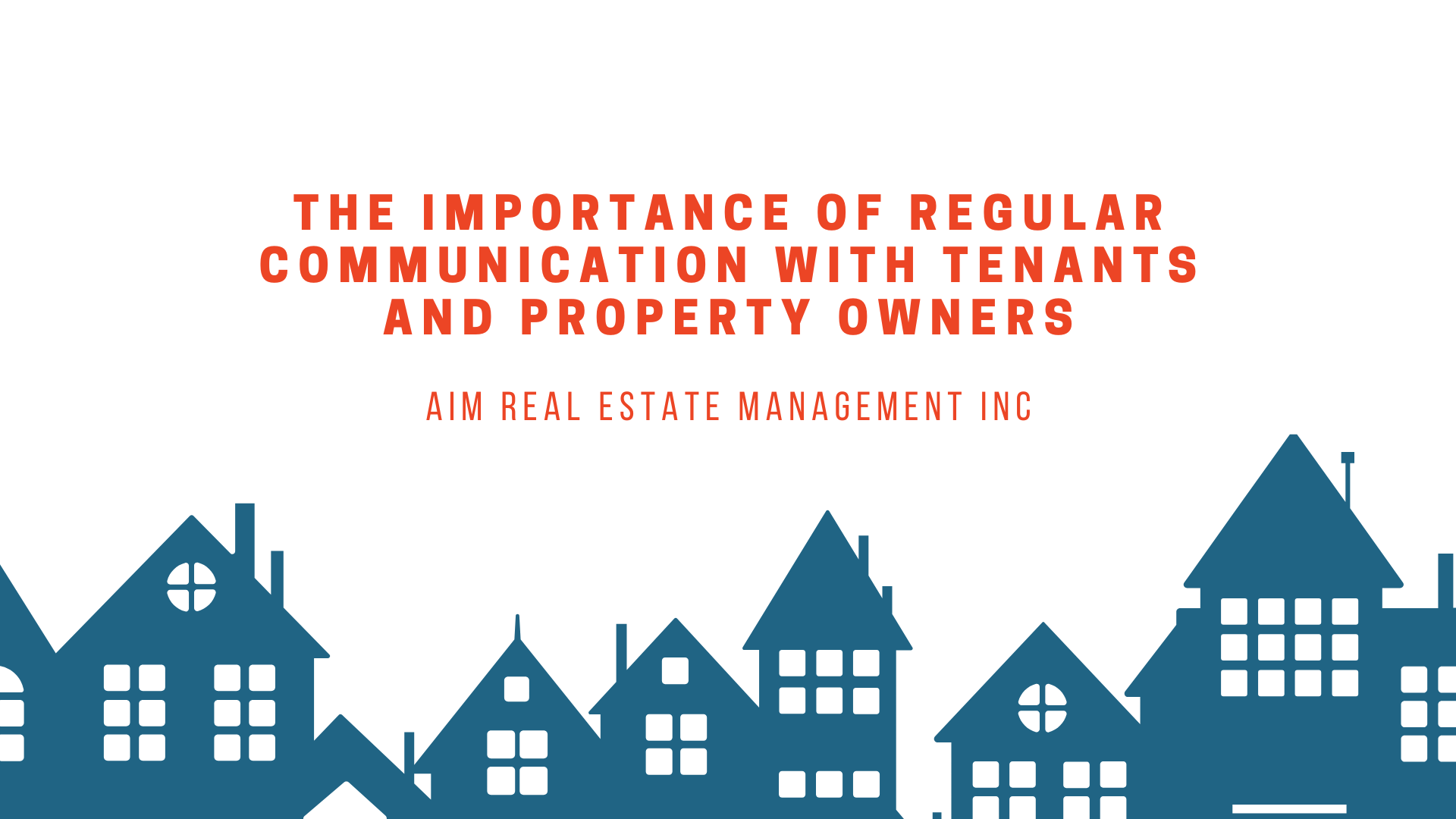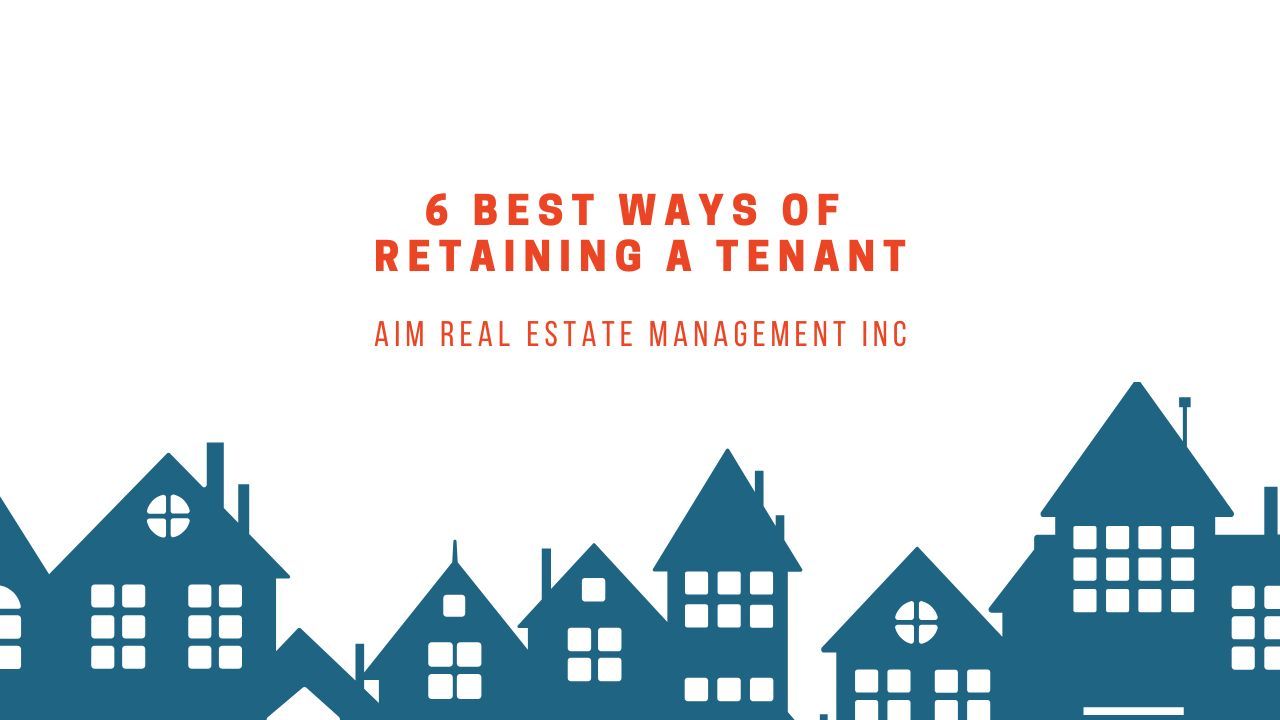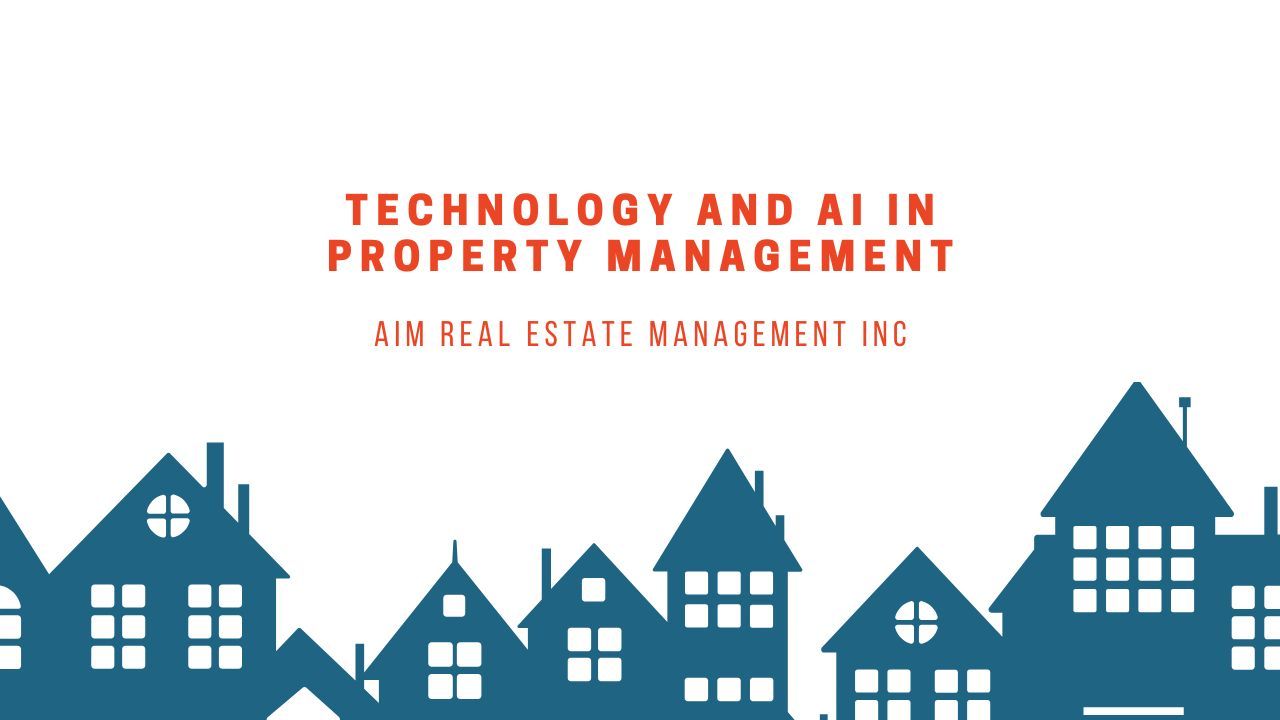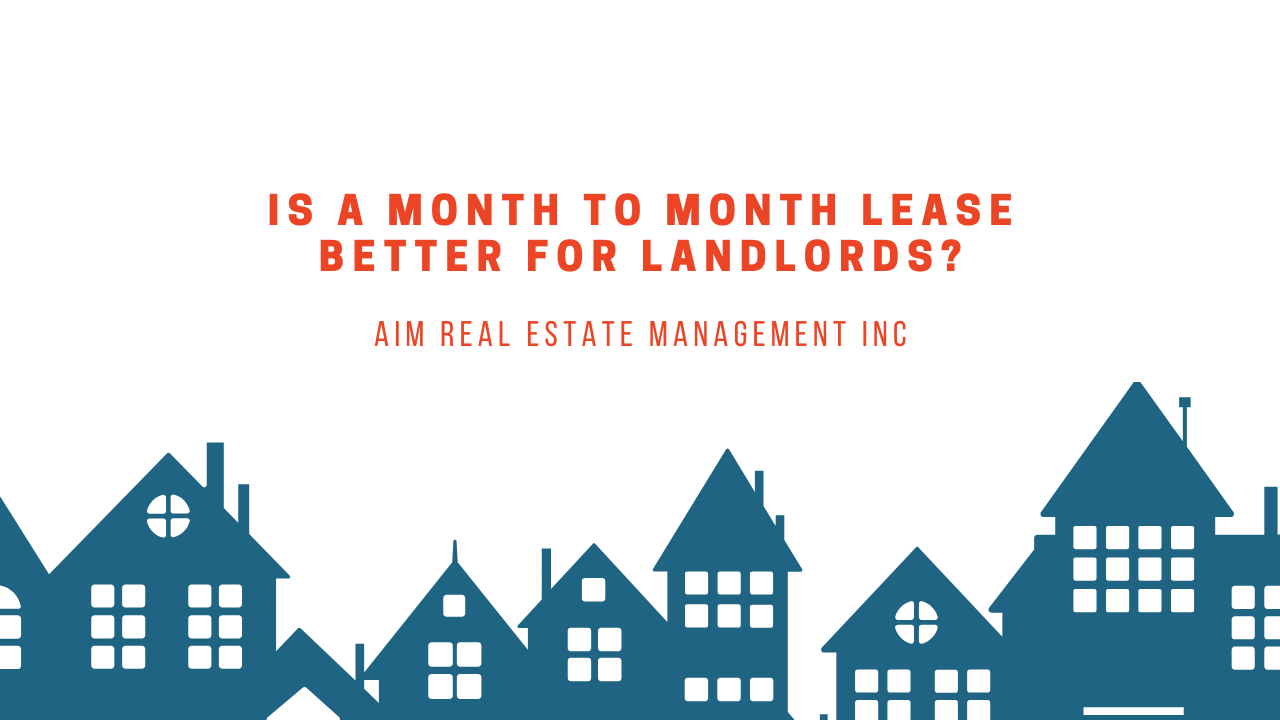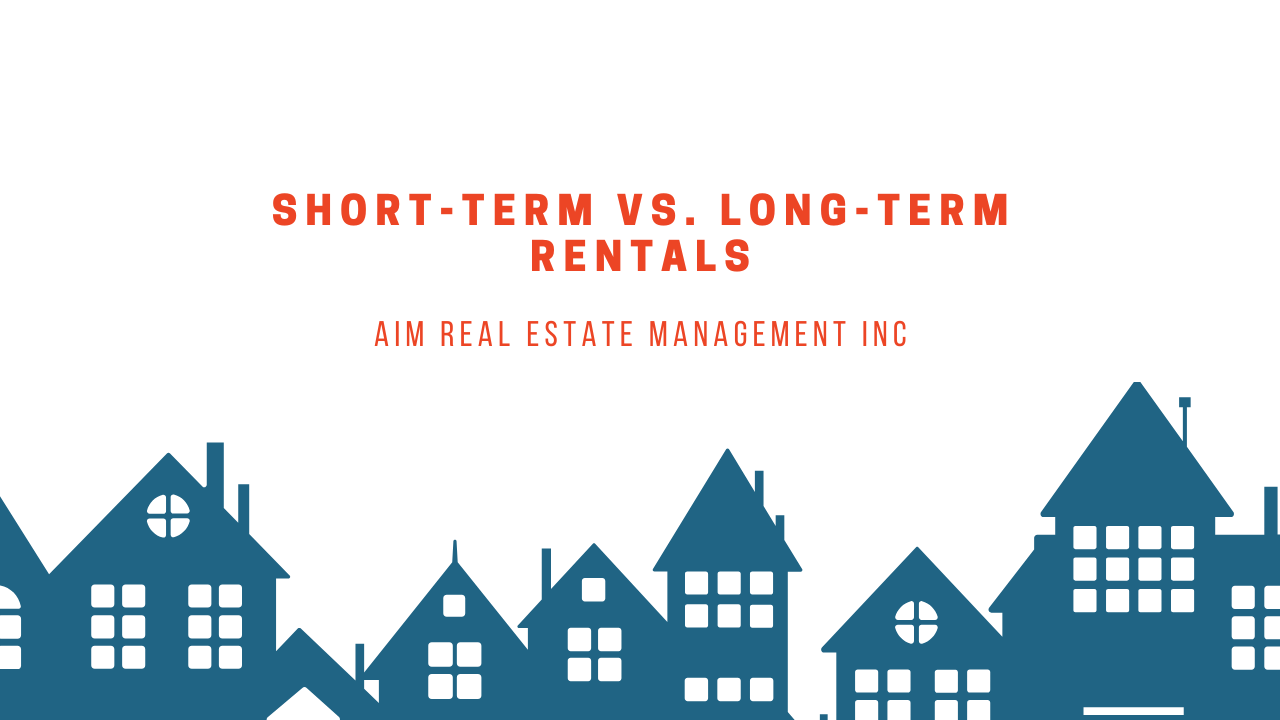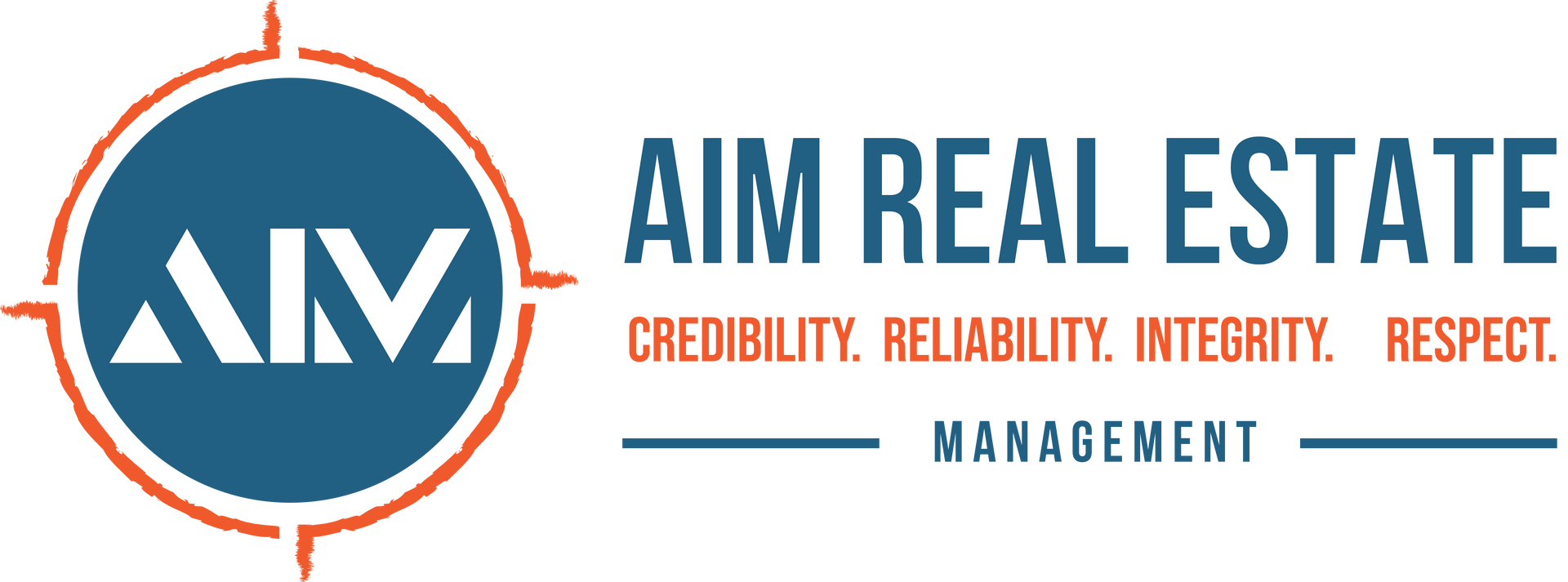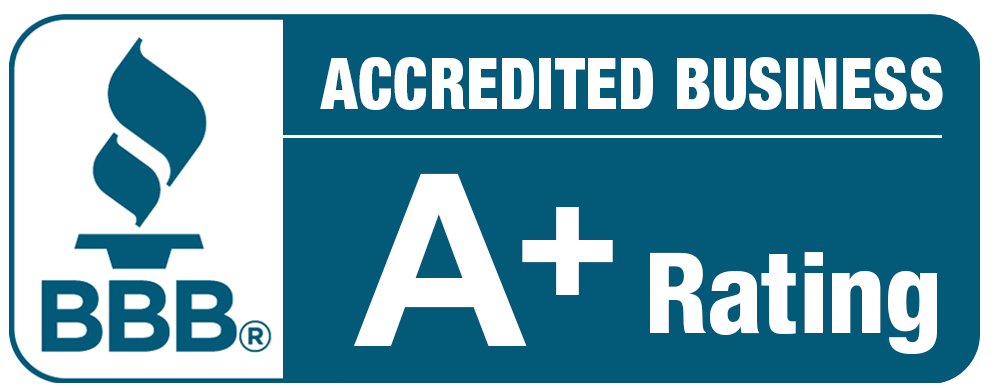How to Minimize Vacancy Rates in South Carolina Rental Properties
Key Takeaways
- Vacancy kills cash flow – Even one vacant month can significantly impact your annual rental income. Proactive management is key to minimizing downtime.
- Know your market – Align rental pricing, lease terms, and marketing with local demand trends to attract the right tenants faster.
- Tenant satisfaction reduces turnover – Happy tenants are more likely to renew leases, helping you avoid costly and time-consuming turnover periods.
- Effective marketing and upkeep matter – Clean, well-maintained properties with strong online listings and fast response times get rented out more quickly.
Did you know that even a single month of vacancy can wipe out a large portion of your annual rental income? For many landlords, the gap between tenants is one of the biggest challenges to consistent cash flow. Every empty day means lost rent and mounting carrying costs like mortgage payments, taxes, and insurance.
To help landlords in South Carolina reduce this risk,
AIM Real Estate Management, Inc. put together this article. It explains practical steps to keep properties occupied, tenants happy, and income steady.
Even a single month of vacancy can eat away at your rental profits. In South Carolina’s competitive markets — from Hilton Head to Columbia — landlords must be proactive about keeping properties filled.
Here are proven strategies AIM Real Estate Management, Inc. uses to help reduce downtime, retain reliable tenants, and maximize rental income.
7 Proven Strategies to Reduce Vacancy
- Understand Your Local Market – Tailor pricing and leasing terms to Bluffton, Hilton Head, or college-town renters.
- Set Competitive Rental Pricing – Price correctly based on size, amenities, upgrades, and market averages.
- Market Effectively – Use professional photos, engaging descriptions, and multi-channel advertising.
- Maintain Property Condition – Clean, safe, updated properties attract and retain tenants faster.
- Focus on Tenant Retention – Fast maintenance response and respectful communication reduce turnover.
- Streamline Screening – Reliable tenants mean fewer early lease breaks.
- Plan for Turnover – Start marketing as soon as notice is given; use a turnover checklist.
Why Vacancy Rates Matter
Vacancy rates represent the percentage of time a rental property is unoccupied during the year. High vacancy rates reduce profitability, weaken your return on investment, and can make it harder to maintain or improve your property.
In competitive rental markets such as many cities and college towns in South Carolina, keeping vacancy rates low helps landlords stay ahead of shifting supply and demand.
By using clear strategies to attract and retain reliable tenants, landlords can minimize downtime between leases and build a stable rental business.
Average SC vacancy rates hover around 5–7%, but can be higher in coastal seasonal markets. Each vacant month equals lost rent plus expenses like mortgage, taxes, and insurance. Professional management can cut downtime and improve tenant satisfaction.
1. Understand Your Local Rental Market
Every
rental market has its own trends, and South Carolina is no exception. Demand varies between coastal areas, college towns, and suburban communities. Before setting a rental rate or advertising, review the local market. Check what similar properties are charging, how long they stay on the market, and what types of units are in highest demand.

Understanding local demographics is also important. If your property is near a college, short-term leases might work better. If it is in a family-oriented neighborhood, focus on long-term leases and features like outdoor space or extra bedrooms. Aligning your property strategy with local demand will help keep it consistently occupied.
2. Set Competitive and Fair Rental Pricing
Pricing is one of the strongest factors influencing vacancy. Overpriced units sit on the market longer, while underpriced units lower your revenue. Set a rental price that matches the local market and reflects the value of your property.
Consider property size, amenities, recent upgrades, and location when setting rates. Adjust pricing as needed to remain competitive while covering costs. Offering small move-in incentives, such as reduced first-month rent or flexible lease lengths, can also help attract tenants quickly when vacancies do occur.
3. Market Your Property Effectively
Even the best property will stay vacant if no one knows about it. Marketing should begin as soon as you know a lease will end. Use high-quality photos that show each room clearly and write simple, accurate descriptions highlighting the property’s strongest features.
List your property on popular rental sites, local community boards, and social media. Clear signage outside the property can also catch the attention of people already looking in the area. Respond quickly to inquiries and be flexible in scheduling showings. The faster you can get prospective tenants in the door, the sooner you can fill a vacancy.

4. Maintain Property Appeal and Condition
A well-maintained property attracts tenants faster and encourages them to stay longer. Before showing a vacant unit, make sure it is clean, safe, and move-in ready. Fresh paint, updated lighting, clean floors, and functional appliances go a long way toward creating a good impression.
Do not neglect the exterior.
Landscaping, lighting, and tidy common areas help make the property inviting. Regular upkeep also helps you identify small problems before they become costly repairs that delay move-ins.
5. Focus on Tenant Retention and Satisfaction
Retaining reliable tenants is often easier than finding new ones. Building positive relationships can reduce turnover and keep vacancy rates low. Respond quickly to maintenance requests, keep communication clear, and treat tenants with respect.
Offering small incentives to renew leases, such as minor upgrades or rent discounts for early renewal, can motivate tenants to stay. Providing clear guidelines and respecting privacy also builds trust, which helps keep tenants happy and less likely to leave.
6. Streamline Your Tenant Screening Process
Screening tenants carefully reduces the risk of early lease breaks, unpaid rent, and property damage, all of which can lead to unexpected vacancies. Use a consistent screening process that includes credit checks, background checks, income verification, and references from previous landlords.
Following South Carolina’s fair housing laws is essential. Apply the same criteria to every applicant to avoid discrimination claims. A clear and lawful screening process helps you find reliable tenants who are more likely to pay on time and stay longer.

7. Plan Ahead for Turnover Periods
Vacancies are sometimes unavoidable, but planning can make them shorter. Start marketing a property as soon as a tenant gives notice. Schedule cleaning, inspections, and needed repairs to start immediately after move-out.
Having a
turnover checklist helps ensure nothing gets missed, which allows you to list and show the property quickly. The goal is to reduce the time between tenants as much as possible so rent loss is minimal.
Bottom Line
Minimizing vacancy rates requires consistent effort before, during, and after each tenancy. Understanding the local market, setting fair prices, marketing effectively, keeping the property in good condition, focusing on tenant satisfaction, screening carefully, and planning for turnovers all play a role in keeping your property occupied and profitable.
AIM Real Estate Management, Inc.
can help South Carolina landlords put these strategies into action. Our team handles marketing, tenant screening, property upkeep, and lease management so your rentals stay filled and income stays steady. Contact us today to learn how we can reduce your vacancy rates and simplify your rental business.
FAQ Section
What is a healthy vacancy rate in South Carolina?
Most landlords aim for 5% or less vacancy annually.
What’s the fastest way to fill a vacancy?
Strong marketing with professional photos and flexible showings usually reduces downtime.
How does AIM help reduce vacancy?
We handle marketing, tenant screening, maintenance, and lease renewals, ensuring properties stay filled longer.
Don’t let vacancies drain your rental income. AIM Real Estate Management, Inc. helps landlords across South Carolina keep properties occupied and tenants happy. Schedule a consultation today.
